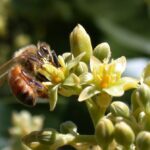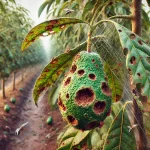The cultivation of avocados has become a dynamic and competitive sector within global agriculture. To maintain profitability and sustainability, producers are adopting new technologies that optimize every phase of the production process. Below, we explore the most relevant technologies in avocado production and how they are transforming the industry.
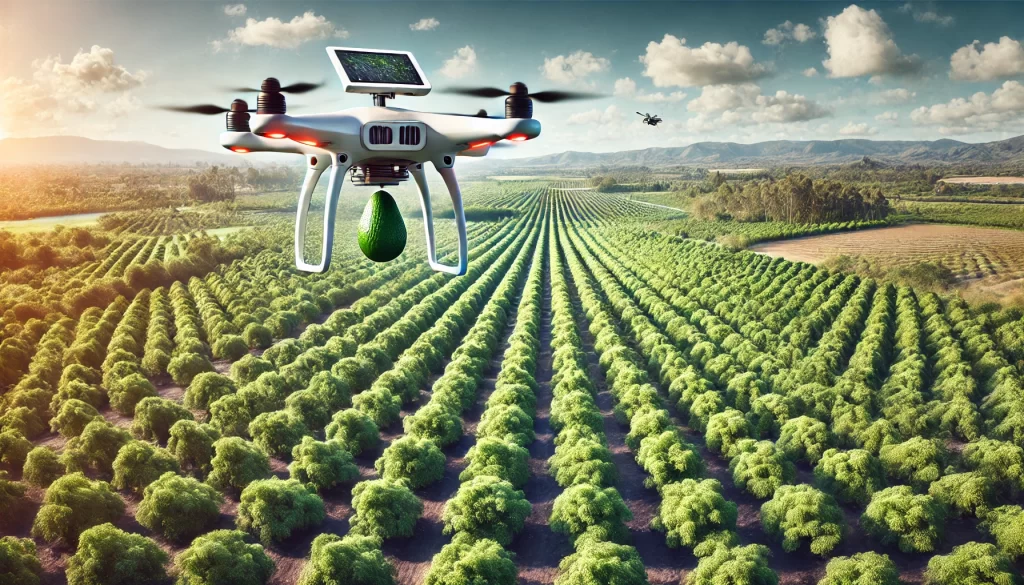
Precision Agriculture: Enhancing Avocado Cultivation Efficiency
Precision agriculture is one of the most significant innovations in avocado production. This methodology is based on collecting and analyzing precise data to make informed and specific decisions regarding crop management.
Real-Time Monitoring Sensors
Sensors installed in the field allow for monitoring critical parameters such as soil moisture, temperature, and nutrient levels. With this information, producers can adjust irrigation and fertilization in real-time, improving efficiency and reducing resource waste.
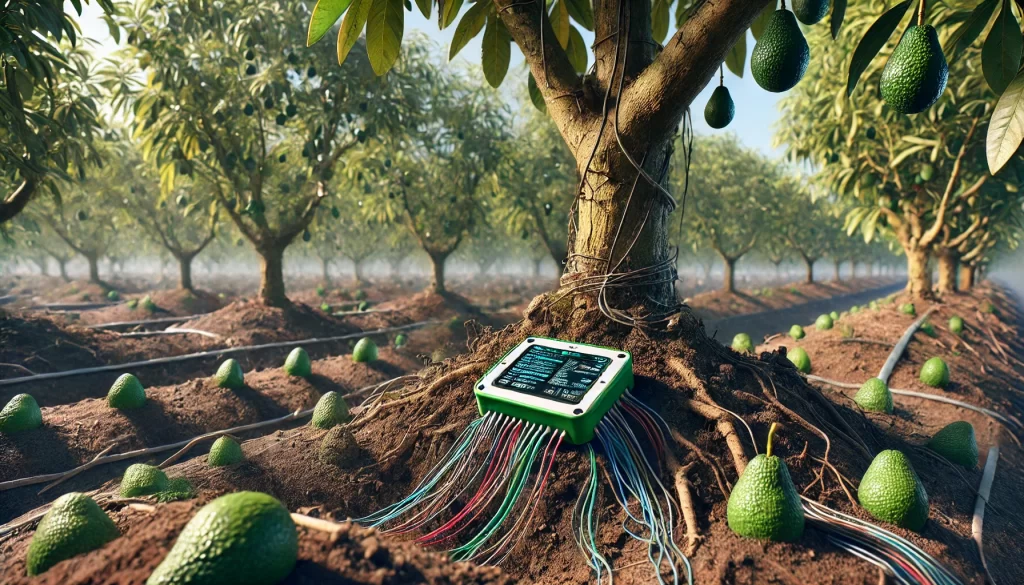
Use of Drones and Satellite Images
Drones equipped with high-resolution cameras and multispectral sensors offer detailed images of crops. These images help identify issues such as diseases, pests, or nutrient deficiencies before they become visible to the naked eye. Additionally, satellite images provide an overview of the field, allowing for more effective and timely management.
Smart Irrigation Systems: Conservation and Optimization of Water Use
Water is a crucial resource in avocado production, and its efficient management is essential for maintaining crop sustainability.
Automated Drip Irrigation
Drip irrigation, combined with soil moisture sensors, allows precise water application directly to the plant’s root zone. Automated systems adjust the amount of water supplied based on climatic conditions and the plant’s needs, avoiding both excess and scarcity of water.
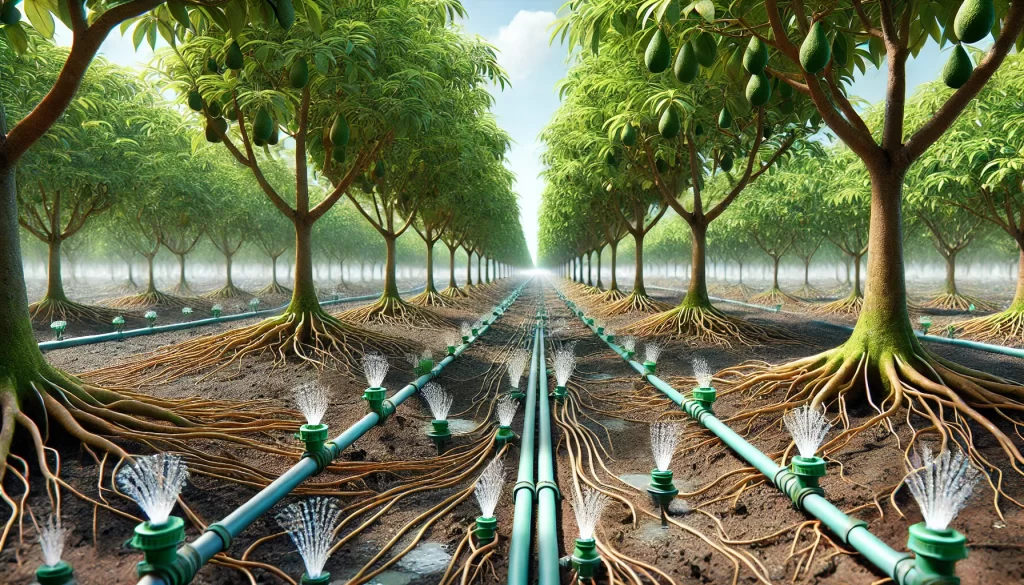
Climate-Based Irrigation Systems
These systems use meteorological data and predictive models to schedule irrigation more efficiently. By anticipating the plants’ water needs based on the climate, unnecessary water use is reduced, and crop yield is maximized.
Big Data and Analytics: Data-Driven Decision Making
The analysis of large volumes of data (Big Data) is revolutionizing decision-making in agriculture.
Data Management Platforms
Data management platforms allow farmers to collect, store, and analyze data from various sources, such as field sensors, weather stations, and agricultural machinery. This data is integrated to provide a complete view of the crop, facilitating activity planning and yield prediction.

Predictive Models
By using predictive models, farmers can anticipate problems such as pest or disease outbreaks, optimize fertilization, and plan the harvest with greater precision. This not only improves productivity but also reduces the environmental impact of agricultural practices.
Automation and Robotics: Towards the Future of Agriculture
Automation and robotics are beginning to play a significant role in avocado production, reducing the need for intensive labor and improving operational efficiency.
Harvesting Robots
Harvesting robots are designed to collect fruits efficiently and precisely, reducing harvest time and minimizing fruit damage. These robots use artificial vision technologies to identify and pick avocados at their optimal maturity.
Autonomous Machinery
Autonomous machinery, such as GPS-guided tractors and sprayers, allows repetitive tasks to be performed with millimeter precision, improving consistency and reducing operational costs.
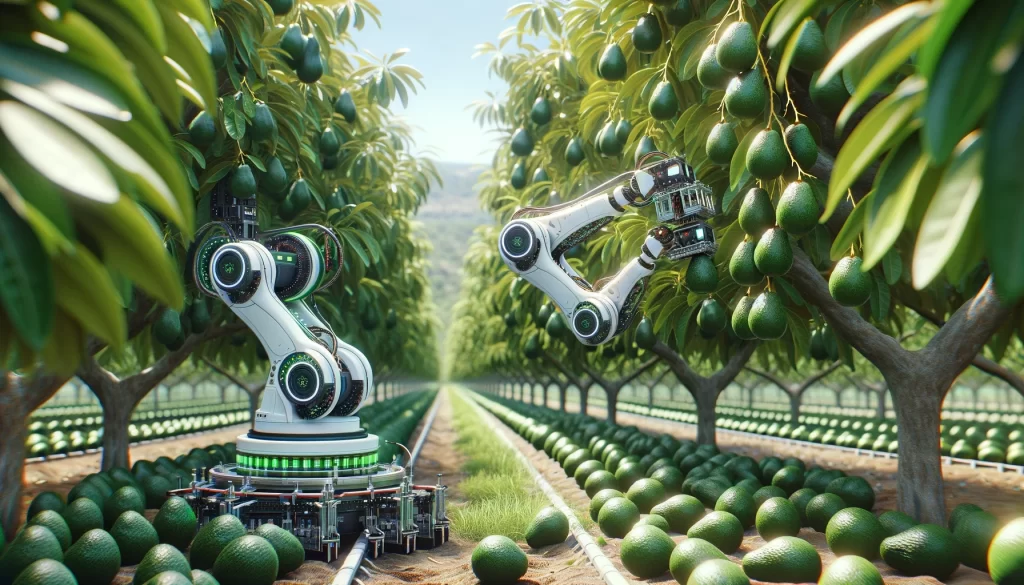
Sustainability and Technology: A Responsible Approach
The use of new technologies not only aims to improve the profitability of avocado cultivation but also to do so sustainably.
Reducing the Carbon Footprint
The implementation of efficient water and energy use technologies, along with the optimization of inputs, helps reduce the carbon footprint of avocado production. This is key in a global market increasingly aware of the environmental impact of agriculture.
Sustainable Agricultural Practices
The use of technologies that allow more precise crop management reduces the negative impact on surrounding ecosystems, promoting sustainable and responsible agricultural practices.
 AgronoBlog – Agriculture Blog
AgronoBlog – Agriculture Blog 